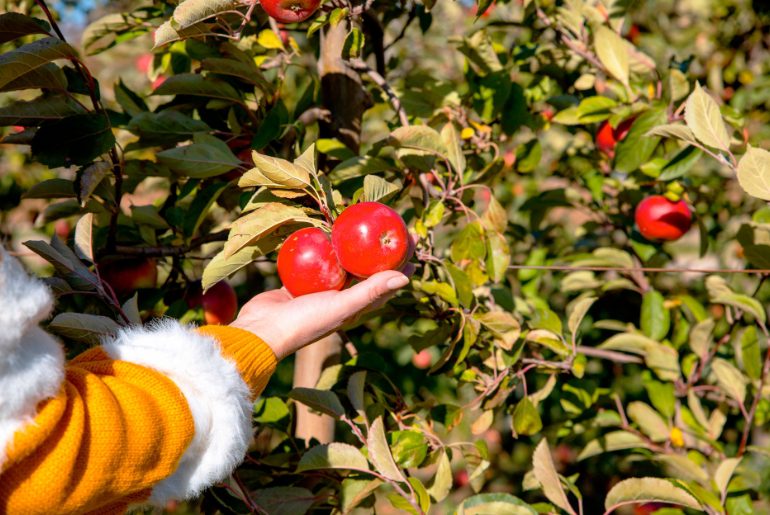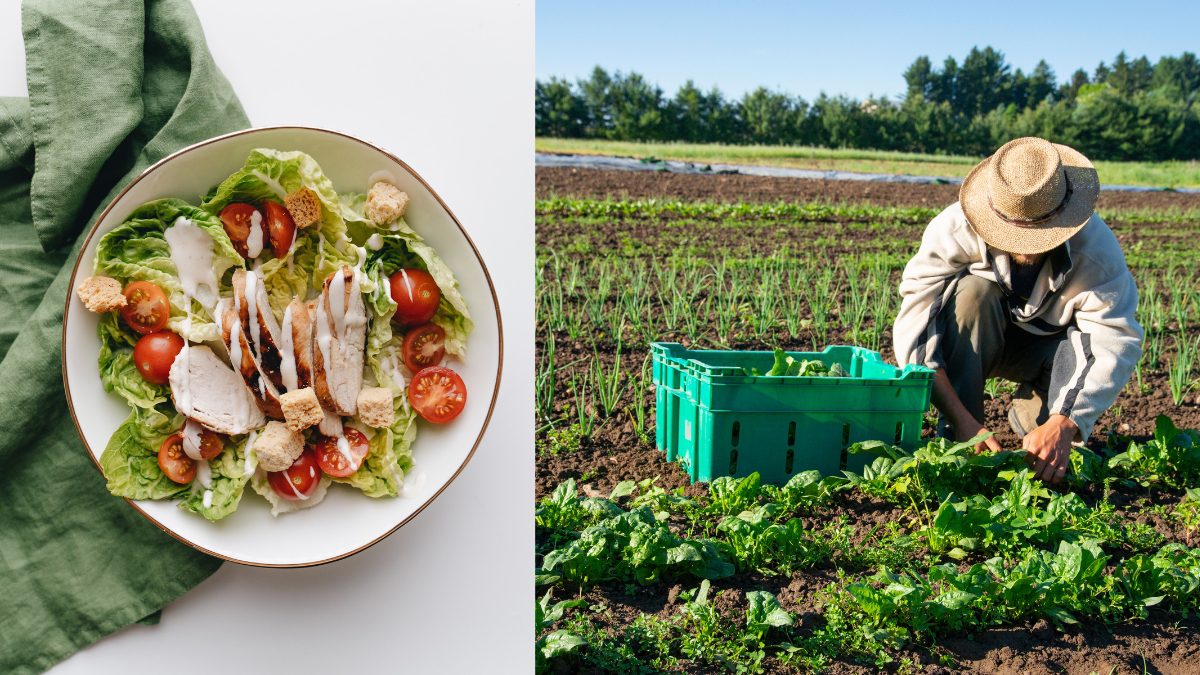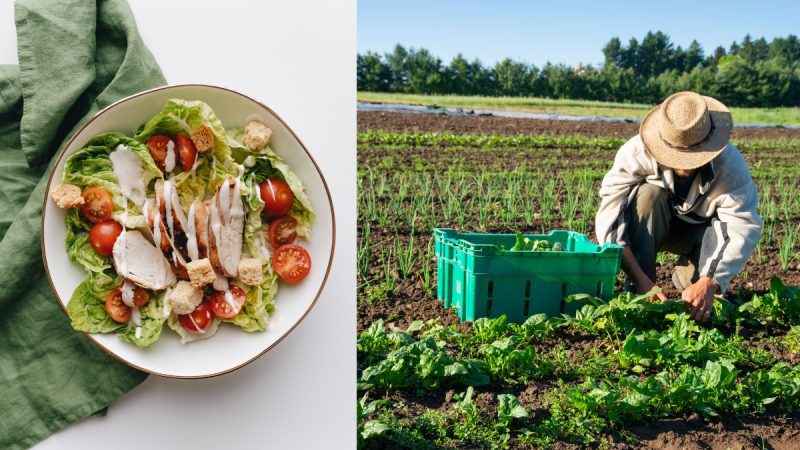In the vibrant tapestry of India’s agricultural landscape, a green revolution of a different kind is taking root—organic farming. As consumers increasingly seek food that not only nourishes their bodies but also sustains the environment, organic produce has emerged as a beacon of health and sustainability. Championing this cause is Varun Madan, CEO & Founder of Salad Days, who advocates for the transformative power of organic farming.
Exploring India’s Green Revolution

Organic farming in India has seen significant growth and attention in recent years, driven by both consumer demand for healthier food options and a broader movement towards sustainable agriculture. As Varun Madan, CEO & Founder of Salad Days, points out, there are several key benefits to choosing organic produce from a consumer standpoint.
“Organically grown food is zero or much lower on residual synthetic chemicals and is proven to be richer in nutrients, certain antioxidants & Omega 3 fatty acids as compared to conventionally grown products,” says Madan. “Hence, consuming organic food means consuming cleaner, safer, and healthier food.”
Moreover, organic farming practices are inherently better for environmental health and reduce the public health risks associated with conventional farming methods. The emphasis on biodiversity, soil fertility, water health, and animal welfare in organic farming contributes to a more sustainable and resilient agricultural system.
In India, consumers can make more informed choices when purchasing organic food by looking for certifications such as the unified logo with the “Jaivik Bharat” tagline or the “India Organic” certification for packaged products. However, for perishables like fruits, vegetables, and milk, certifications may be rare, and consumers should inquire about the source and growing practices.
Madan advises, “Buying organic products at a similar price as conventional products may never get us truly organic food because, in most cases, the yield of organic farming is costlier & lesser to produce.” This underscores the importance of understanding the true cost and value of organic food.
Also Read: From Award-Winning Whiskies To Sula In A Can, 9 Best Spirits To Spark Romance This Valentine’s Day!
The Social And Environmental Impact Of Organic Farming

Diving deeper into the differences between organic and conventional farming methods, it becomes evident that the philosophies driving each approach are fundamentally distinct. “In conventional farming, emphasis is only on the quantity and quality of the produce, while in organic farming, the emphasis is on the health of the overall system,” explains Madan. “Organic farming prohibits the use of GMO seeds and synthetic chemicals for crop nutrition or crop care, relying instead on natural principles like biodiversity, crop rotation, composting, cover cropping, and no-tillage.” These differences have a direct impact on the end product, with organic produce being lower in chemical residues and richer in nutrients compared to its conventionally grown counterparts.
“Eating locally and seasonal produce supports organic farming and vice versa,” notes Madan. Additionally, consuming local and seasonal produce reduces the carbon footprint associated with long-distance transportation and supports community-based agriculture. This approach fosters a closer connection between consumers and the food they eat while promoting sustainable practices that benefit the environment. Efforts to make organic food more accessible to a broader demographic are underway, driven by evolving consumer behaviour, government initiatives, and increased awareness.
In conclusion, organic farming in India offers a pathway to healthier, safer, and more sustainable food production.
Cover Image Courtesy: Canva
For more such snackable content, interesting discoveries and the latest updates on food, travel and experiences in your city, download the Curly Tales App. Download HERE.





